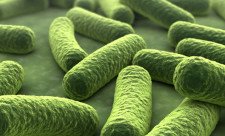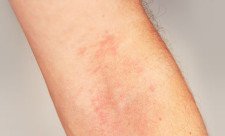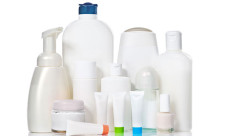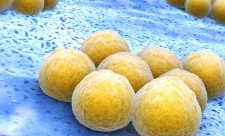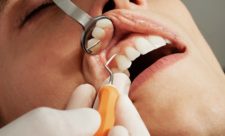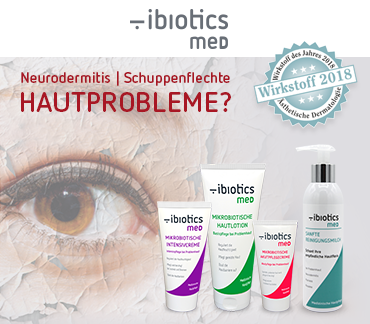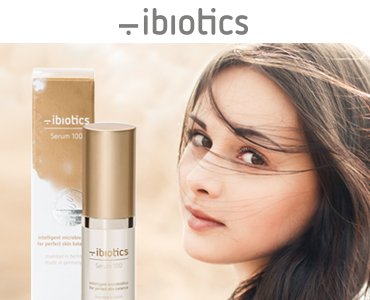
How can we protect our skin from moisture loss? This is a question that is much on people’s mind, in particular for those who suffer from dry skin, itching, or inflammatory skin conditions such as atopic dermatitis. Scientists at the US National Institute of Allergy and Infectious Diseases (NIAID) have found that skin with a high share of Staphylococcus epidermidis bacteria releases less moisture than skin with a different bacterial makeup. S. epidermidis bacteria have long been known for their key role in maintaining a well-functioning skin microbiome and a healthy skin.
The scientists applied S. epidermidis to the skin of mice that had been exposed to conditions which would commonly lead to skin irritations and dry skin. Water loss through the skin of animals which had been treated was found to be considerably reduced, compared to a control group. Further research showed that this could be due to an enzyme called sphingomyelinase (sph I). This enzyme is produced by S. epidermidis cells and plays a role in the production of ceramides.
Ceramides are important lipids in the outer skin layers (the stratum corneum), and directly responsible for maintaining the skin barrier. If S. epidermidis bacteria could be used to protect these lipids in the skin and increase their production, this would offer an effective approach to countering the low ceramide levels present in atopic eczema, psoriasis, or xerosis (abnormally dry skin). In this way, the “probiotic” activity of S. epidermidis can be used to maintain the skin’s health.
We already achieve a similar effect through specific peptides and amino acid compounds, like those which are, e.g., produced in the lactic acid bacterium Lactobacillus brevis (DSM17250). The bacterium’s bioactive components specifically activate the microbiome’s natural S. epidermidis bacteria, enabling them to develop their protective potential. In the ingredient “stimulans”, these peptides have been made available for medical skincare. Products containing “stimulans” boost the growth of S. epidermidis, thus reducing the number of inflammatory bacteria, strengthening the skin barrier, and improving the skin’s immune resistance.
According to the researchers, the approach to maintaining the skin’s moisture has another advantage: It provides an effective protection from skin ageing and wrinkles – and does so without relying on an anti-ageing product which is artificially applied to the skin. Rather, all that’s necessary is a strong and well-balanced skin microbiome to maintain the skin’s natural moisture content.
Sources:
https://www.nih.gov/news-events/nih-research-matters/compound-produced-bacteria-protects-skin
https://www.mdmverlag.com/wirkstoff-des-jahres/wirkstoff-des-jahres-2018/
https://beautytipps.ch/hautpflege-wirkstoff-ibiotics-stimulans-ist-wirkstoff-des-jahres-2018/

 21. Apr 2022
21. Apr 2022 Popular
Popular Recent
Recent Comments
Comments


